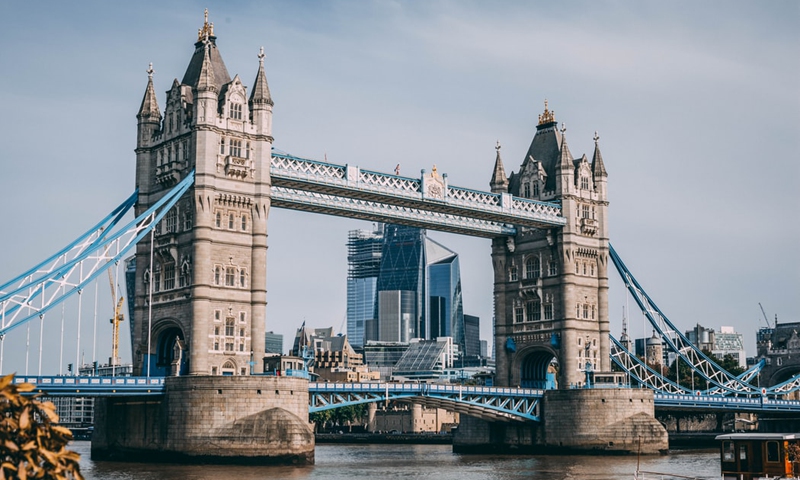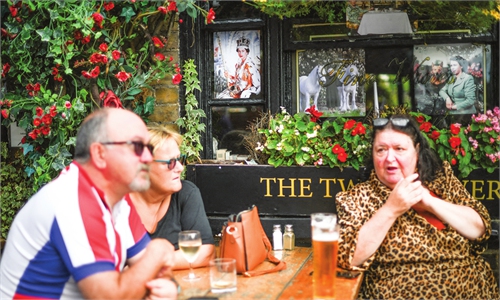
London Photo: unsplash
Inside the Mad Hatter pub in central London's South Bank district, everything is ready: The big tree, the bright lights, the fun Christmas signage.
Although the tone may be festive, the mood behind the bar and at similarly adorned pubs nationwide is far less upbeat.
December represents a crucial month for the sector, accounting for as much as 10 percent of annual turnover thanks to Christmas parties, an institution in the UK, and other social gatherings.
After the pandemic ruined the festivities, and revenues, over the last two years, pubs, bars and other venues are relying on the coming season to help kickstart their longer-term recoveries.
But it looks a tall order in the face of a worsening cost-of-living crisis, predictions the country is already in recession, widespread labor shortages and strikes, including in the key transport sector.
"We're desperately looking forward to a very busy Christmas," said Emma McClarkin, chair of industry body the British Beer and Pub Association (BBPA). The business is sorely needed "after three years of not having Christmas trade," she explained.
McClarkin said bookings were currently about 20 percent below pre-pandemic 2019 levels.
Pubs have been central to British communities for centuries, but their number has been dwindling for years and has plunged to its lowest ever level, according to research published in July.
Despite being forced to close during the pandemic, government support schemes helped provide some financial respite.
But the post-pandemic picture is now mixed, with around 50 watering holes currently shutting down every month.
Christopher Jones, a 54-year-old Welsh town planner on a business trip to the capital, is set to have a small party with his colleagues and clients at their local pub, where the price of a pint has gone up by 1 pound.
"Coming out of COVID[-19], you've got to enjoy your life," he explained.
"But at the same time, just be a bit careful around budgets and about spending."
AFP

